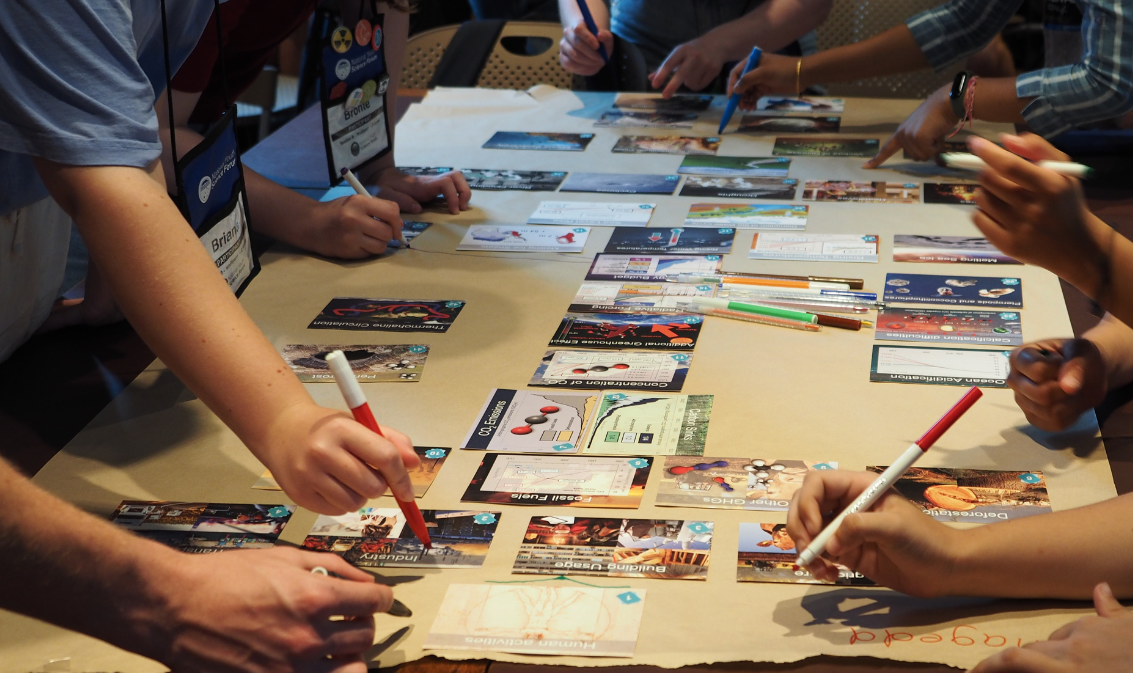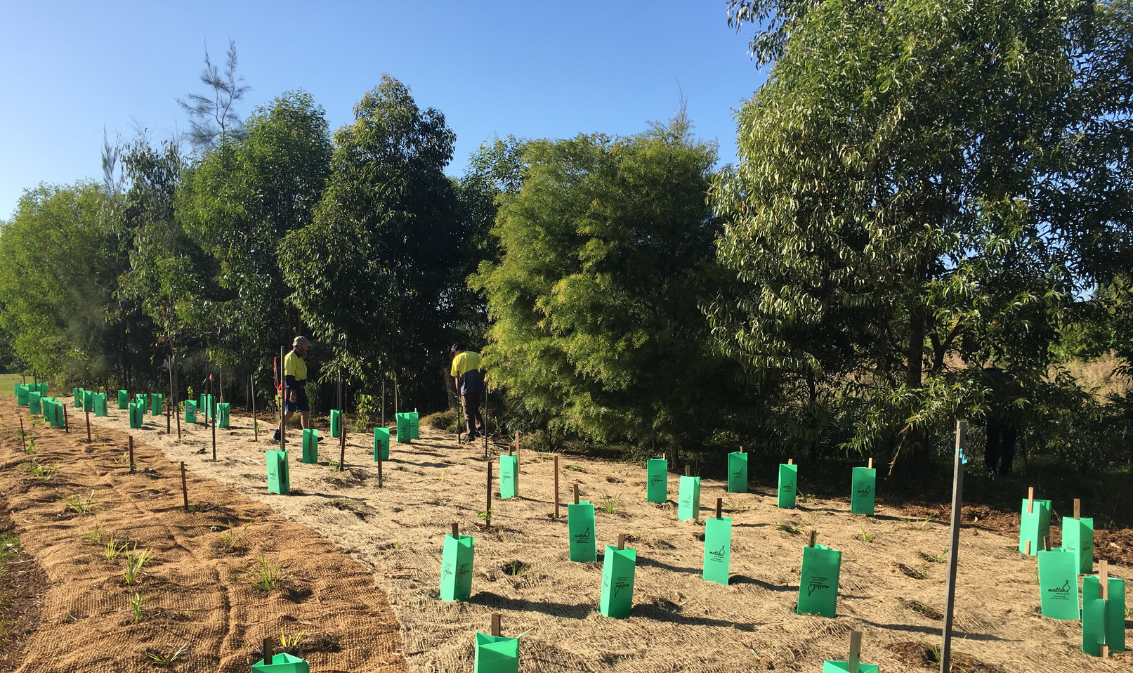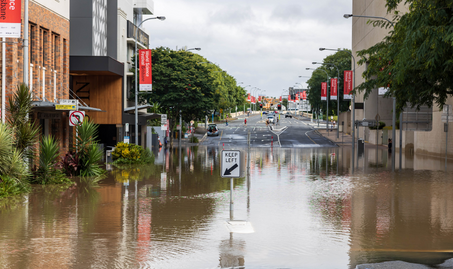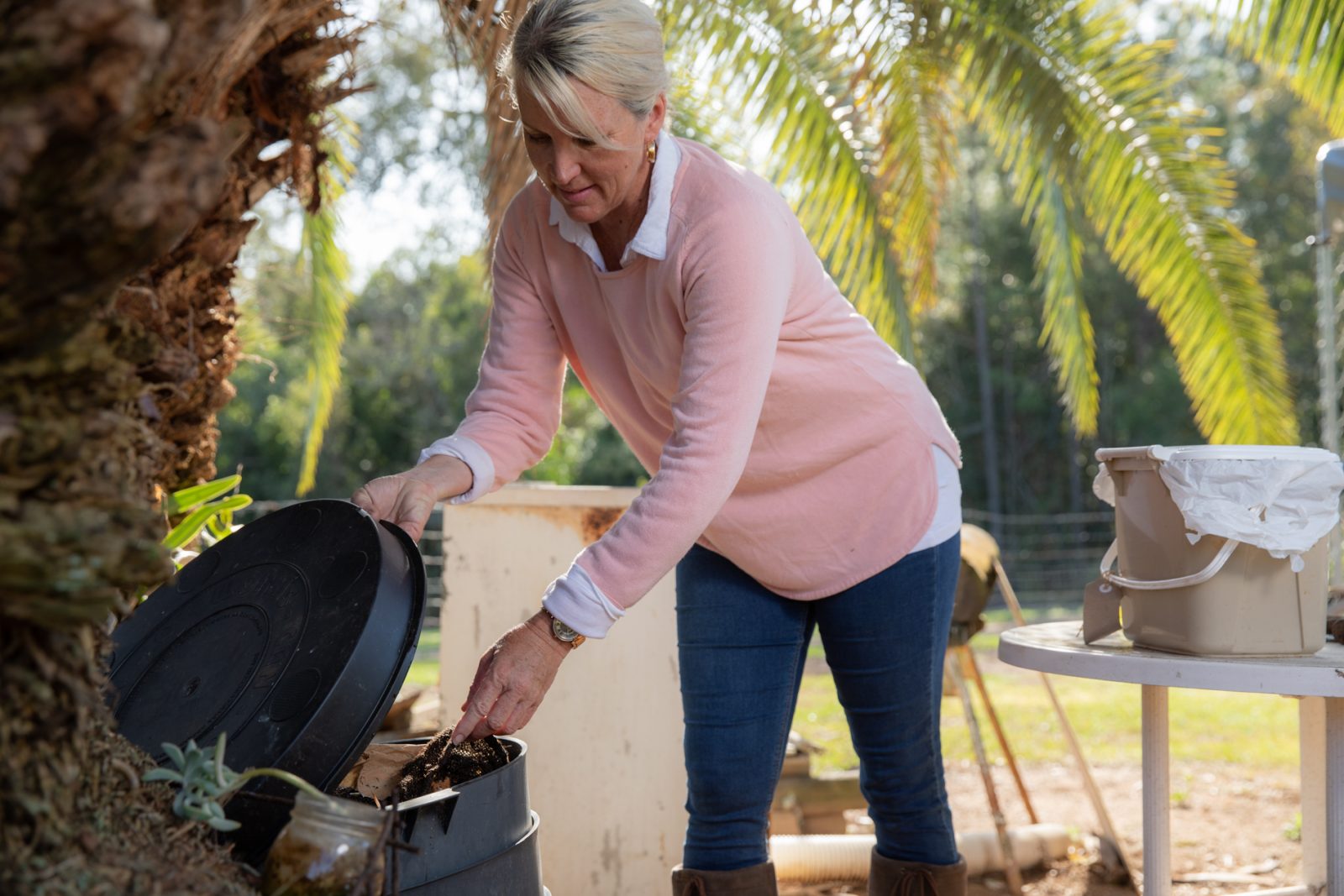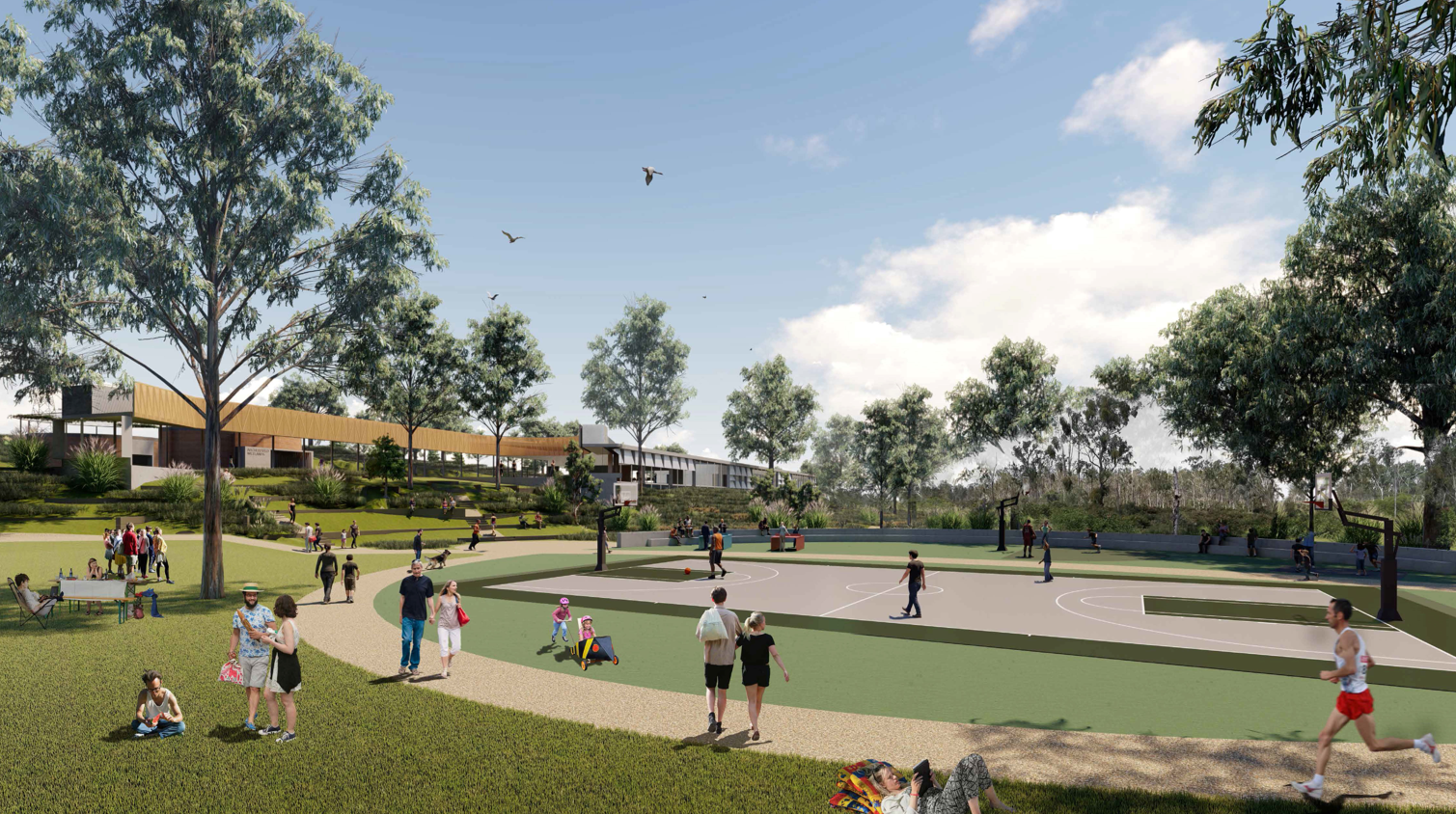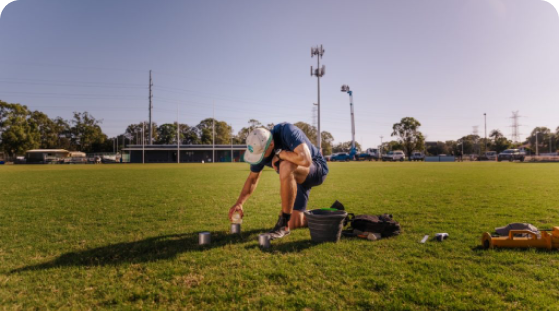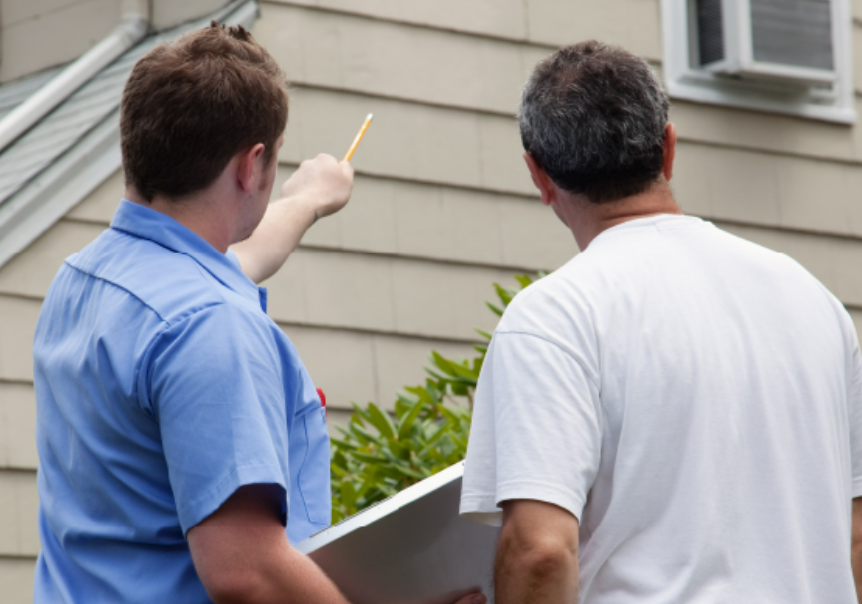Sports Technology Hub
Trialing new technologies to promote efficient resource use at sporting clubs.
About the program
Community sports clubs are an important part of our community and identity. They are typically run by volunteers who take time out of their own lives to give back to their chosen sport and community. For these volunteers, the management of club revenue and expenses is an ongoing challenge. One of the most significant ongoing costs for clubs are utility bills, specifically electricity and water.
Another key challenge for clubs is the loss of acquired knowledge on club operations due to volunteer attrition. This knowledge loss issue is particularly problematic for sports field management where volunteers, with varied levels of understanding or training, are responsible for decisions on the watering and general upkeep of playing surfaces.
In collaboration with AFL Queensland, Cricket Queensland, Rugby League Queensland and Cricket Queensland this project seeks to bring together the data from the existing isolated irrigation, water and energy monitors and combine it with data from weather stations and soil moisture sensors, to establish one central location for the monitoring of energy and water use data associated with sporting field management, allowing clubs to make informed decisions on the volume and frequency of waterings.
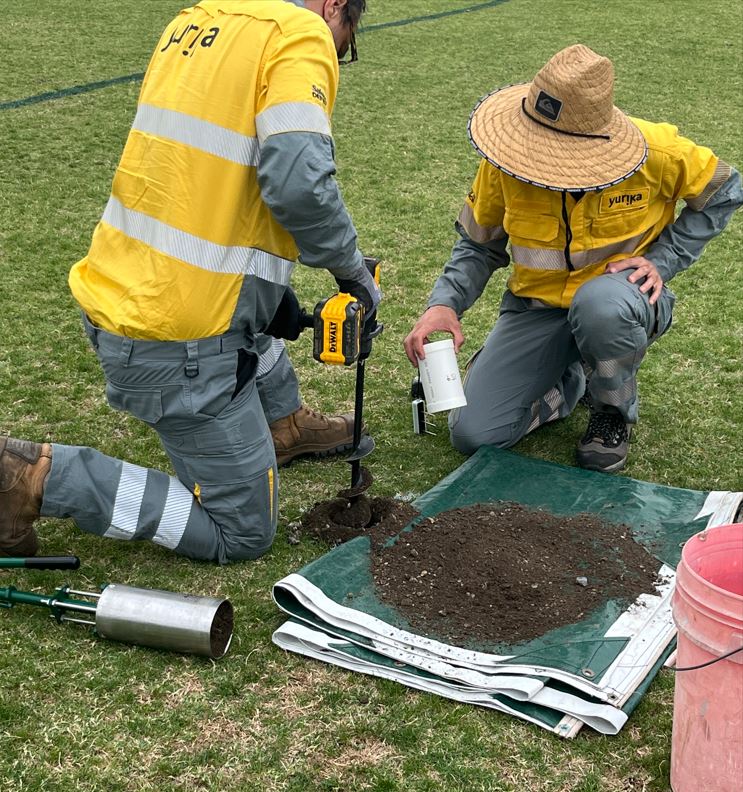
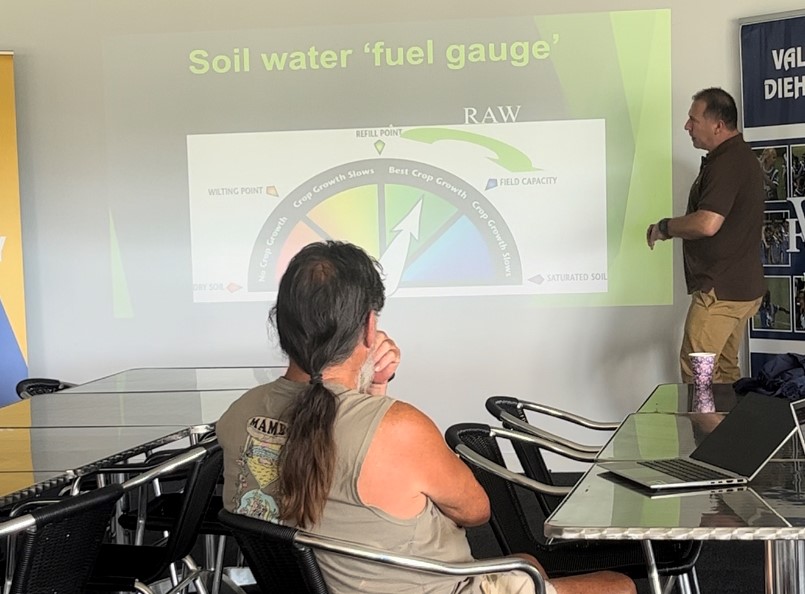
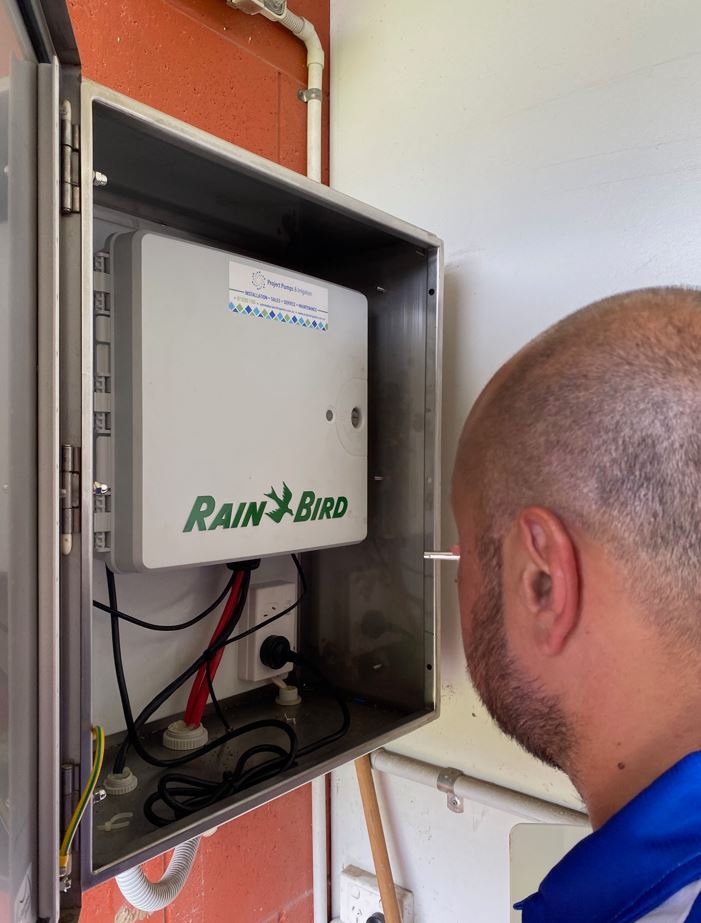
Benefits of the program
The participating sporting clubs have the opportunity to reduce their water and energy bills, save time, and improve their playing surface as a result of data-driven decision-making. Through their participation in the project the clubs receive:
- An irrigation system audit and soil testing
- Access to new insights about their club resource use and irrigation practices
- Capacity building opportunities
Timeline
Prototype phase: November 2022 – January 2023
In this phase, irrigation system audits and soil testing was conducted on each field to understand soil history, condition of the irrigation systems, state of the irrigation controller and other devices, soil root depth and soil type.
After this was complete, internet-of-things devices (including soil sensors, weather stations and irrigation flow sensors) were installed in key areas within the fields.
Trial: February 2023 – February 2024
The data collected by the devices are bought together on a single, simple dashboard and display soil moisture levels, irrigation activities, recommended irrigation, turf water consumption, current weather conditions, forecast weather conditions and energy consumption. The use of these devices will be evaluated as to how they assist participating clubs in managing their turf, irrigation and utility bills.
Evaluation: March 2024
Subject to the findings at the end of the trial, there may be the opportunity to extend the IoT and dashboard field management outcome to support other clubs within Brisbane.
This project was partly funded by the Queensland Government Department of Tourism, Innovation and Sport as part of its ActiveKIT grant program.
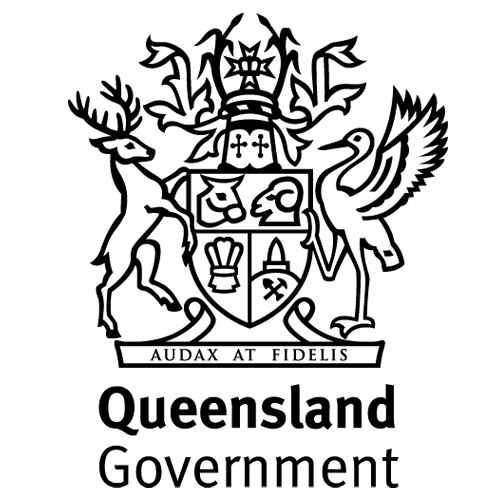
The consultant team working with Brisbane Sustainability Agency on this project included Yurika (part of Energy Queensland) and Andres Jaramillo Consulting.

